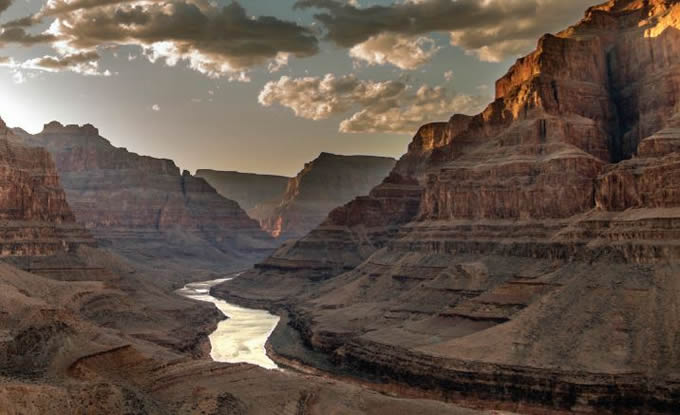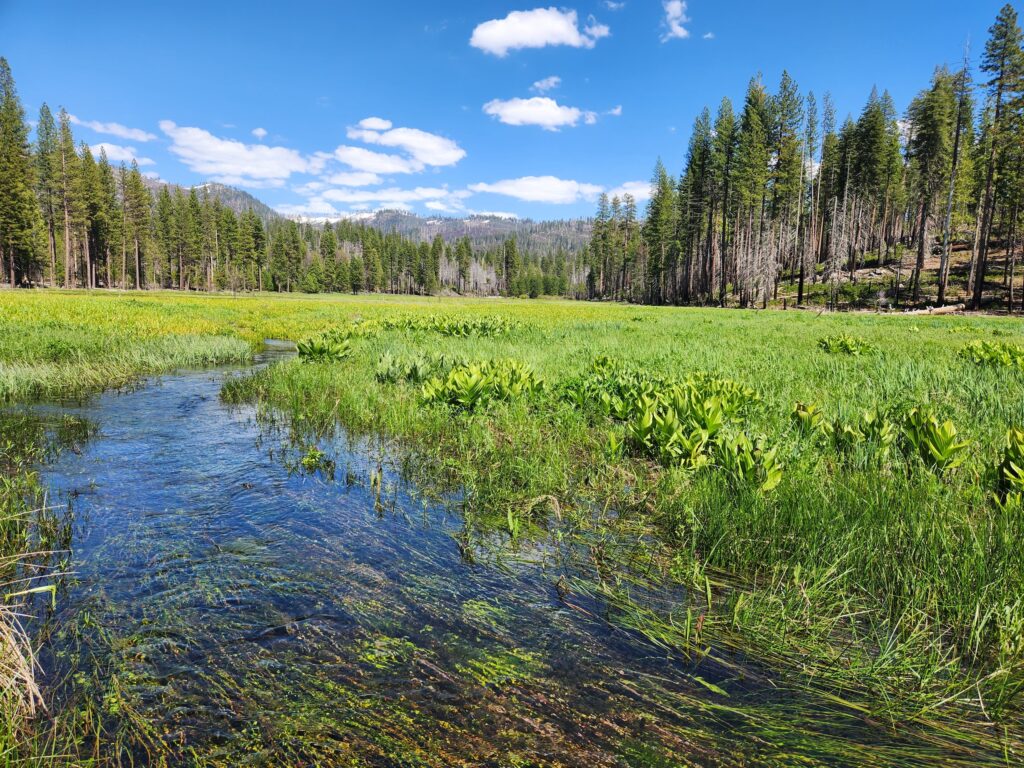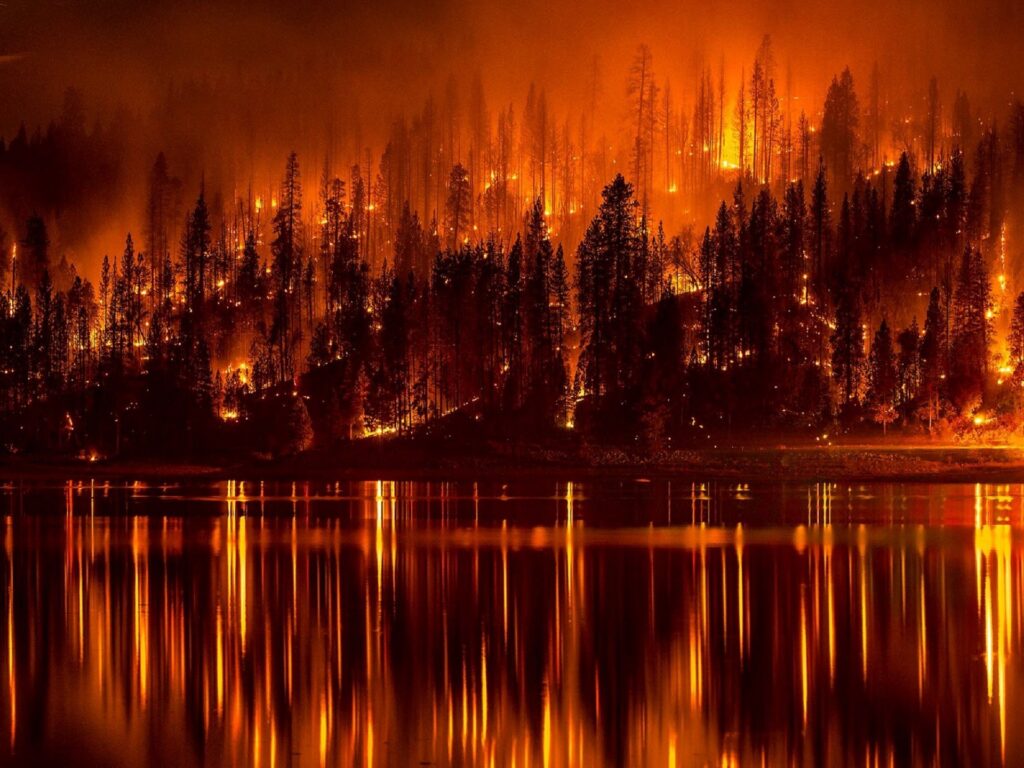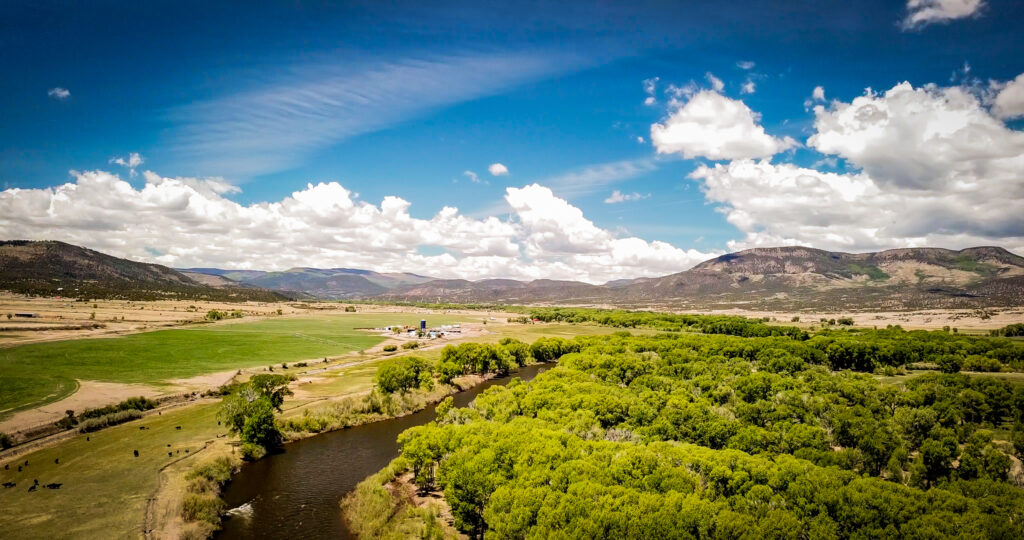We’re back in the Paris Climate Agreement. Now what?
The executive orders President Joe Biden signed on his first day in office will reshape river and water policy as climate change turns up the heat.

Of the 17 executive orders newly sworn-in President Joe Biden signed on his first day in office, one of the most consequential for the health of our communities, rivers and the planet is the promise to rejoin the Paris Climate Agreement. Returning to the 2015 accord is more than a recommitment to slowing greenhouse gas emissions responsible for climate change. It signals a return to science, to global responsibility, and to serious thinking about how to repair the damage highly industrialized countries have perpetrated against the only planet where humanity can survive.
Other critically important executive orders revoked the Keystone XL pipeline’s permit, rescinded rollbacks to environmental rules — such as vehicle emissions standards and drilling leases in Alaska’s Arctic National Wildlife Refuge — and re-established climate science as a key factor in decision-making about land and water protections. Bolstered by the proficiency of experts tapped to lead on environmental issues, the message is clear and powerful: The health of people and nature must be front and center. That includes protecting our remaining healthy lands and waters, aggressively curbing fossil fuel pollution , and genuinely respecting Indigenous leadership, history and treaty rights.
These shifts come at a precarious moment for our planet. More than 100 climate-related catastrophes have pummeled the Earth since COVID-19 was declared a pandemic last spring. This includes the onslaught of megafires, superstorms and heat waves we lived through last summer. In 2019, nearly 100 days of flooding on the upper Mississippi River put homes, farms and businesses under water, and caused four deaths and $6.2 billion in damage. Sustained drought in the states that make up the Upper Basin of the Colorado River is putting 40 million people and a $1.4 trillion economy at risk. The most impacted people — including Black, Latino and Indigenous People — are also the most marginalized from decisions.
We cannot have healthy rivers without a commitment to climate science. We cannot have equity without shifting power to people most impacted by climate change and environmental degradation. We cannot have peace, health and well-being unless we have clean, healthy water, land and air.
Water and climate scientist Brad Udall is often quoted saying, “Climate change is water change.” In other words, the most obvious and dire impacts of climate change are felt in profound changes to our rivers and to clean water. More sewer overflows, longer and deeper droughts, tap water that is unsafe to drink because of toxic algae outbreaks, uncertainty that is destabilizing communities, livelihoods and lives.
But flip that coin on its head, and you’ll see the opportunity: Healthy, well-managed river systems — including headwaters, wetlands and floodplains — absorb and reduce the amount of carbon in the atmosphere, and they provide buffers against water shortage, help relieve damage from floodwaters, ensure water quality, and provide refuge for fish and wildlife. Healthy rivers are our best chance against climate change.
The deal 200 countries made in 2015 in Paris has always been an ambitious, if imperfect, starting point: Keeping global temperature rise below 2 degrees Celsius above pre-industrial levels requires massive reforestation, changes to agriculture, a swift transition away from fossil fuels, and other seismic shifts. It didn’t help that one of the biggest contributors of greenhouse gas emissions — the United States — formally left the accord in 2017.
Returning to the Paris accord offers a renewed opportunity to work toward a future preparing our natural and built environments to handle the onslaught of climate impacts. In the coming months, the decision will reverberate here in the United States, as well as globally: We expect to see policies and solutions that address environmental injustice and take the science of climate disruption into account when planning for increased flooding, water shortage, habitat disruption and more.
Let’s be clear. This is just a beginning. We cannot lose focus or expect the threats to rivers and drinking water to magically disappear.
In meetings with representatives of the Biden-Harris transition team, American Rivers has shared a 2021 Blueprint for Action that calls for major investments in water infrastructure, flood management, and river restoration. We are urging Congress to invest $500 billion for rivers and clean water over the next 10 years. We are also calling on the Biden-Harris administration to scrap the Dirty Water Rule and restore Section 401 of the Clean Water Act, which gives states and tribes the authority to decide whether major development projects, such as hydropower and oil and gas projects, move forward.
The next 100 days will be critical in addressing the four converging crises our country faces. Here is what I know for certain: We are ready to roll up our sleeves and work with the administration to repair the substantial damage to our climate. We are poised to advance protections for our remaining healthy rivers. We are committed to taking down dams and restoring rivers that sustain our lives and communities. And we are ready to stand together, with you, for every person’s right to clean water and a healthy community. Let’s get to work.




4 responses to “We’re back in the Paris Climate Agreement. Now what?”
I believe the logical conclusion is that we cannot continue unbridled growth (economic & population) to survive. Our descendants will find out.
I’m quickly realizing this organization is an arm of the Democratic party and continuing the divisiveness separating our people. Until you realize you are only attacking your causes with the Left wing of the U.S. population and not bringing River Lovers together regardless of political affiliation we will never overcome our challenges. To think the PCA and ending Keystone XL will improve our climate and rivers is just plain ignorant. I guess I’ll seek to help this cause through less political channels with my my energy and hard earned dollars.
Let’s hope that something changes. It really must at this point.
https://climate.nasa.gov/faq/16/is-it-too-late-to-prevent-climate-change/